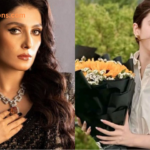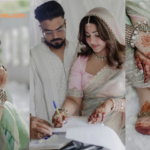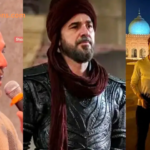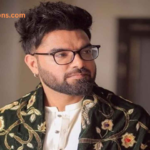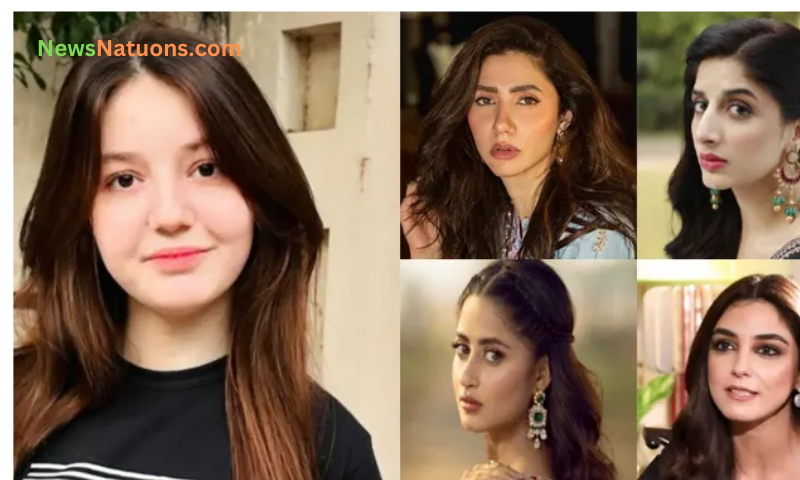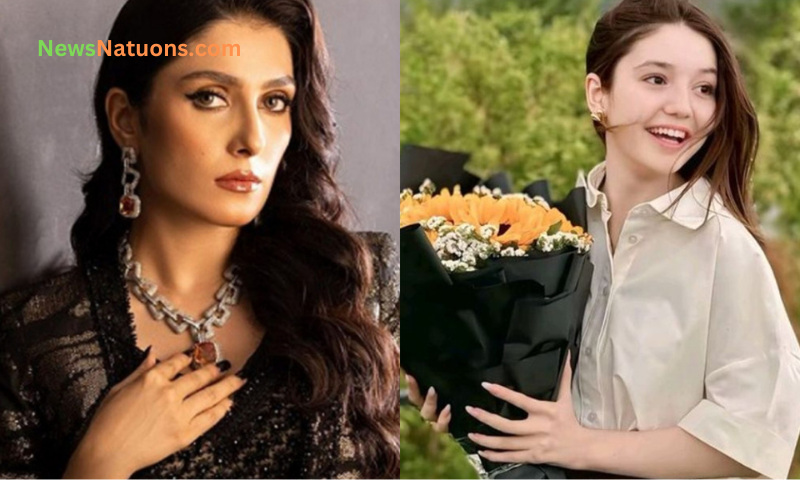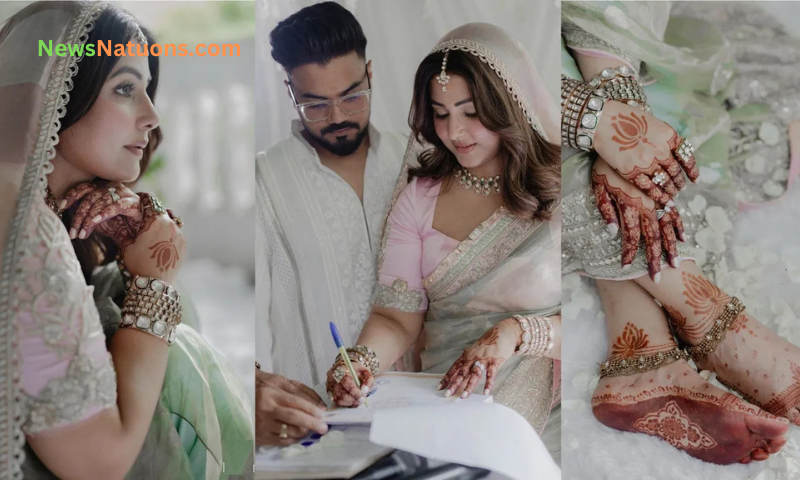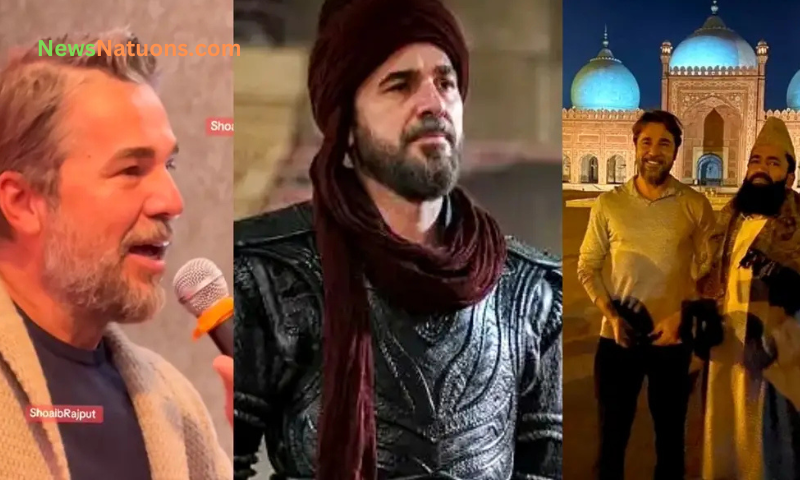Another young life has been cruelly taken. Sana Yousuf, a 17-year-old social media star from Islamabad, was murdered simply because she had the courage to say “no” to a boy’s unwanted attention. The accused, who is also a TikToker, could not handle her rejection and brutally ended her life. What should have been a teenage disagreement turned into a horrifying act of violence.
This was not just a crime. It was a reflection of how deeply rooted misogyny and entitlement are in our society. A girl’s right to say “no” is often treated as an insult rather than a boundary. Sana’s murder shows how saying “no” still comes with deadly consequences.
A Mirror to a Flawed Mindset
This murder isn’t just another case. It is a mirror held up to society, exposing a culture where refusal is treated as a challenge and toxic masculinity is nurtured by silence. The tragic reality is that women are often blamed for the violence they face. Instead of questioning the abuser, society questions the victim: What was she wearing? Why was she out? Why was she online?
This mindset has been reinforced by years of cultural messaging that romanticizes obsessive behavior, stalking, and aggression in men — especially through dramas and media. These behaviors are often painted as “passionate” or “intense love,” when in truth, they are dangerous and controlling.
Mawra Hocane Breaks the Silence
Actress Mawra Hocane, known for her outspoken personality, took to Instagram to express her heartbreak and frustration. In a story that quickly went viral, she wrote, “We are a failed society. There is no outcry over injustice, only silence. We advise the victim. We blame her. We say she could have hidden. She could have avoided it. But no one questions the mindset of the killer.”
Her words resonated with thousands of people who shared her story across platforms. Mawra emphasized that we need to start holding the right people accountable and stop shifting the burden onto women to “protect themselves” from violence that should never happen in the first place.
Romanticizing Abuse in Dramas
Many actresses have now come forward to question how male aggression is portrayed in our dramas. For years, Pakistani television has shown men slapping women, stalking them, or forcing their love — and somehow, these characters end up being the “heroes” of the story. The message being sent is clear: “If he’s aggressive, it’s because he loves you.”
Actress Yumna Zaidi has previously spoken about rejecting such scripts. She said, “When we show a hero slapping the heroine, it sets a terrible example for the audience. It says that love is violent and obsession is acceptable.” Several other celebrities have joined this conversation after Sana’s death, stating that entertainment must stop glorifying abuse.
Audience Reactions and The Role of Media
Public response has been intense. Many social media users have demanded that TV writers and producers stop presenting controlling and violent men as romantic leads. They argue that such portrayals make young boys believe that they can behave similarly in real life — and that girls should accept this as “love.”
People are calling for a shift in storytelling. If television continues to show violence as love, how can we expect boys to grow up respecting a woman’s choices? How can we expect girls to feel safe rejecting someone?
When Will This Stop Being Just Another Story?
“This is just another story we will forget,” Mawra’s words sting with truth. Every time such a tragedy happens, there is outrage for a few days, then silence. The cycle continues — until the next Sana.
How many more Sanaa Yousufs will it take before we stop and change? How many girls must be sacrificed before society learns that women’s autonomy, decisions, and safety are not up for negotiation?
Accountability and Change
The entertainment industry needs to reflect on its role. It cannot continue to profit off stories that blur the line between love and violence. Creators, writers, and actors must make conscious decisions to reject toxic narratives.
Meanwhile, society needs to unlearn the idea that aggression is a sign of love. Love respects. Love listens. Love does not kill.
Until we accept this truth, tragedies like Sana’s will keep happening — and the candlelight vigils and hashtags will mean nothing.
اسلام آباد میں 17 سالہ ٹک ٹاک اسٹار ثنا یوسف کو صرف اس لیے بے دردی سے قتل کر دیا گیا کیونکہ اس نے ایک نوجوان کی خواہشات کو رد کرنے کی جرأت کی۔ ملزم، جو خود بھی سوشل میڈیا پر موجود تھا، اس انکار کو برداشت نہ کر سکا اور ثنا کی زندگی کو ظلم سے ختم کر دیا۔ یہ محض ایک جرم نہیں، بلکہ اس سوچ کا عکس ہے جو “نہ” کو تذلیل سمجھتی ہے، حق نہیں۔
ایک بیمار سوچ کا آئینہ
یہ واقعہ صرف ایک قتل نہیں بلکہ ایک ایسا آئینہ ہے جو معاشرتی سوچ کی خامیوں کو بے نقاب کرتا ہے۔ ہمارے معاشرے میں آج بھی لڑکی کا انکار مرد کی انا کے لیے چیلنج بن جاتا ہے۔ اور جب ایسا ہوتا ہے، تو نتیجہ کبھی دھمکیوں کی صورت میں، کبھی ہراسانی کی صورت میں، اور کبھی موت کی صورت میں سامنے آتا ہے۔
اکثر لڑکیوں کو ہی مشورہ دیا جاتا ہے کہ احتیاط کریں، باہر نہ نکلیں، آن لائن نہ آئیں — جبکہ اصل سوال یہ ہونا چاہیے کہ لڑکوں کو کب سکھایا جائے گا کہ کسی کے انکار کو قبول کریں؟
ماورا حسین کا دل دہلا دینے والا پیغام
اداکارہ ماورا حسین نے اس واقعے پر شدید ردعمل دیا۔ انہوں نے انسٹاگرام پر اپنی اسٹوری میں لکھا، “ہم ایک ناکام معاشرہ بن چکے ہیں۔ یہاں ظلم پر کوئی شور نہیں اٹھاتا، صرف خاموشی ہے۔ ہم مظلوم کو ہی مشورے دیتے ہیں، کہ وہ بچ سکتی تھی، چھپ سکتی تھی۔۔۔ لیکن قاتل کی سوچ کو کوئی چیلنج نہیں کرتا۔”
ان کے یہ الفاظ دل میں تیر کی طرح لگتے ہیں، کیونکہ وہ اس سچائی کو سامنے لاتے ہیں جسے ہم اکثر نظر انداز کر دیتے ہیں۔
ڈراموں میں تشدد کو محبت کیوں سمجھا جاتا ہے؟
بہت سی اداکاراؤں نے اب یہ سوال اٹھایا ہے کہ ہمارے ڈرامے مردوں کے تشدد کو رومانس کے طور پر کیوں پیش کرتے ہیں؟ کئی سالوں سے پاکستانی ڈراموں میں ہیرو عورت پر ہاتھ اٹھاتا ہے، اس کا پیچھا کرتا ہے، زبردستی کرتا ہے — اور پھر آخر میں ہیرو بن جاتا ہے۔
یمنہ زیدی نے ماضی میں کہا تھا کہ انہوں نے کئی ایسے اسکرپٹس کو رد کیا کیونکہ ان میں ہیرو عورت کو تھپڑ مارتا تھا۔ انہوں نے کہا، “ہمیں ایسے مناظر نہیں دکھانے چاہئیں کیونکہ یہ لوگوں کو سکھاتے ہیں کہ محبت میں تشدد جائز ہے۔”
ناظرین کا ردعمل اور میڈیا کی ذمہ داری
عوام کا ردعمل بہت شدید رہا ہے۔ سوشل میڈیا پر لوگ مسلسل یہ مطالبہ کر رہے ہیں کہ لکھاری اور پروڈیوسرز ایسے مواد کو ختم کریں جس میں تشدد کو محبت کا روپ دیا جاتا ہے۔ لوگوں کا کہنا ہے کہ یہ پیغام نوجوان لڑکوں کو غلط سکھاتا ہے کہ زبردستی، ضد اور غصہ ہی اصل محبت ہیں۔
یہ مطالبہ کیا جا رہا ہے کہ اب کہانیوں کا رخ بدلا جائے۔ اگر ڈرامے یہی دکھاتے رہیں گے کہ عورت کا انکار اہمیت نہیں رکھتا، تو ہم کس طرح ایک بہتر نسل تیار کریں گے؟
یہ کہانی کب تک صرف ایک اور واقعہ رہے گی؟
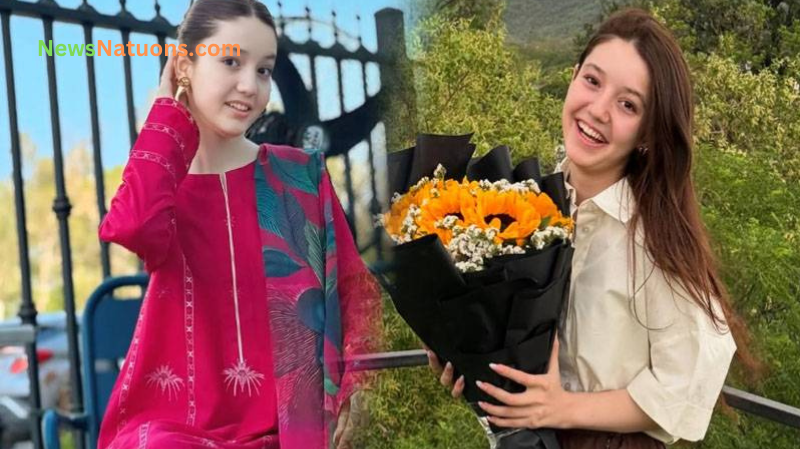
ماورا حسین نے جو کہا، وہ تلخ حقیقت ہے: “یہ بس ایک اور کہانی ہے، جو ہم بھول جائیں گے۔” ہر بار ایسا واقعہ ہوتا ہے، کچھ دن شور ہوتا ہے، اور پھر خاموشی چھا جاتی ہے — جب تک کہ کوئی نئی ثنا نہ مار دی جائے۔
یہ سوال اب سب کو سوچنا ہوگا: کب تک ہم سرفنظر کرتے رہیں گے؟ کب ہم اپنی بیٹیوں، بہنوں، اور دوستوں کی حفاظت کو صرف ان کی ذمے داری سمجھتے رہیں گے؟ کب تک قاتل کی سوچ کو چیلنج نہیں کریں گے؟
جواب دہی اور اصل تبدیلی
اب وقت آ گیا ہے کہ انٹرٹینمنٹ انڈسٹری اپنا کردار سمجھے۔ ہمیں ایسے اسکرپٹس سے انکار کرنا ہوگا جو تشدد کو محبت بنا کر پیش کرتے ہیں۔ ہمیں ایسی کہانیوں کی حوصلہ شکنی کرنی ہوگی جو خطرناک سوچ کو بڑھاوا دیتی ہیں۔
محبت وہ ہے جو عزت دے۔ جو سنے، سمجھے، اور برداشت کرے۔ جو جان لے — نہیں کا مطلب صرف نہیں ہوتا ہے۔
جب تک ہم یہ نہیں سمجھیں گے، تب تک ثنا جیسے واقعات ہوتے رہیں گے — اور ہیش ٹیگز اور شمعیں صرف وقتی سکون دیں گی، مستقل تبدیلی نہیں۔


